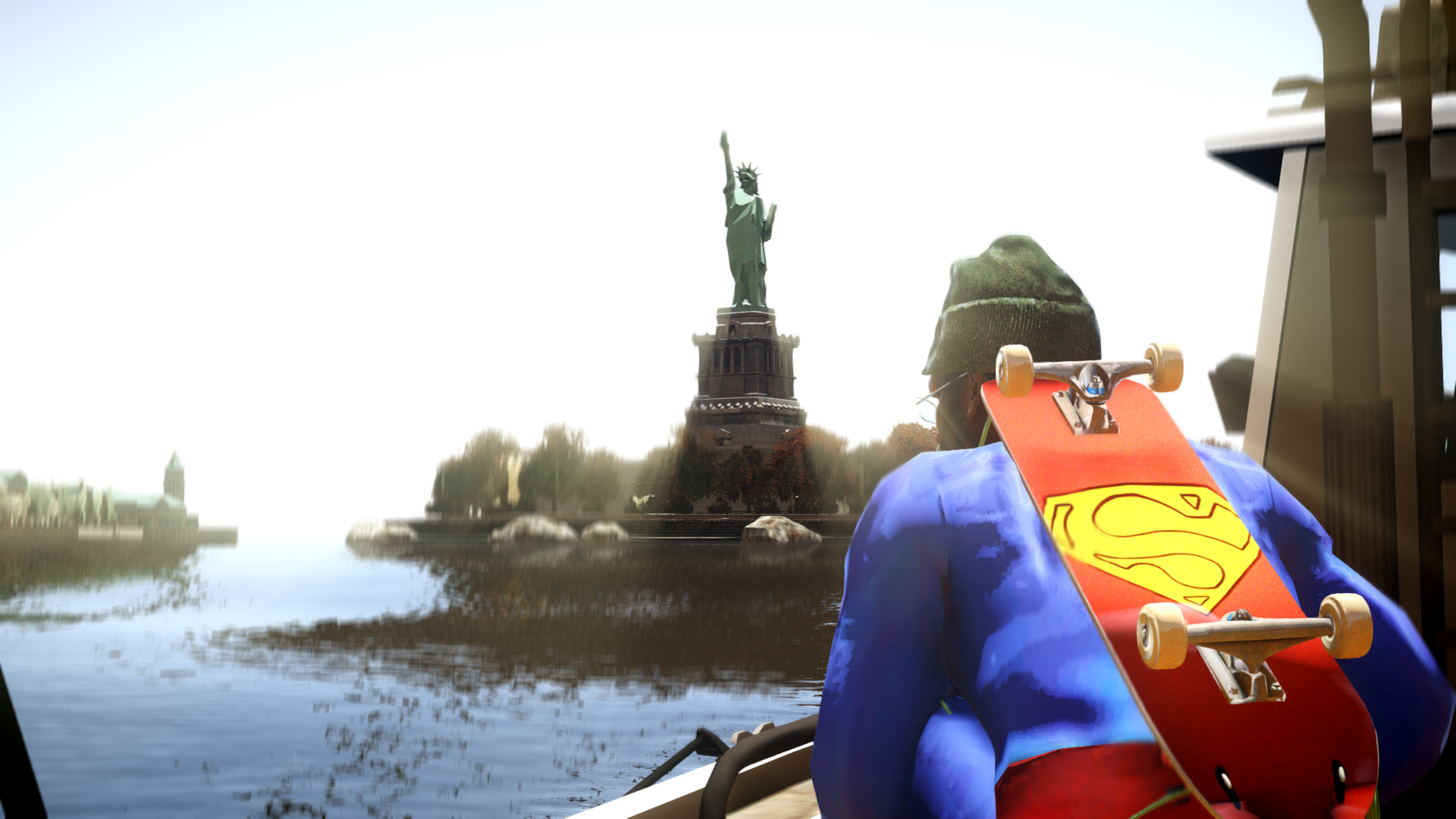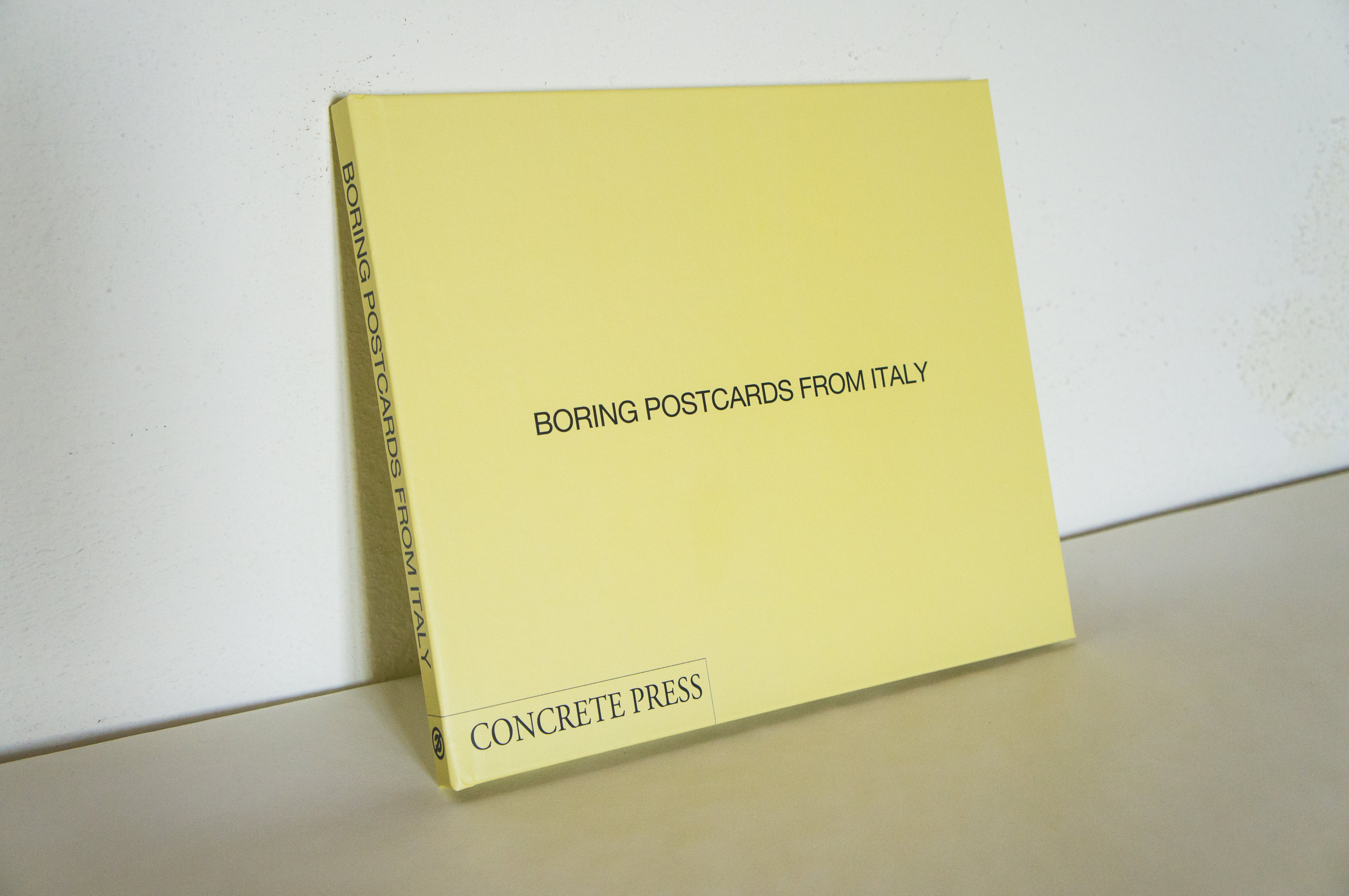PHOTOS: SIMULACRUM
We're happy to share some installation shots of Simulacrum, a group show currently on display at Noorderlicht Photogallery in Groningen, The Netherlands (it will run until June 25 2017). As you know, we are in great company: Mathieu Bernard-Reymond, Justin Berry, Eelco Brand, Roc Herms, Gerhard Mantz, Robert Overweg, Alan Warburton, and Rob Wetzer. We're showing The Fregoli Delusions, our 2015 machinima series. All photographs were taken by Marteen de Kok.
SHOW: SIMULACRUM (APRIL 8 - JUNE 25, 2017, NOORDERLICHT PHOTOGALLERY, THE NETHERLANDS)
We are delighted to announce that our work The Fregoli Delusions will be featured in the upcoming group show Simulacrum at Noorderlicht Photogallery in Groningen, The Netherlands, between April 8 - June 25 2017. We are in great company: the artists featured are Mathieu Bernard-Reymond, Justin Berry, Eelco Brand, Roc Herms, Gerhard Mantz, Robert Overweg, Alan Warburton, and Rob Wetzer.
You can find additional details about the show here.
COLL.EO, Liberty City Crawl, 2017
ARTWORK: LIBERTY CITY CRAWL
We are delighted to announce Liberty City Crawl, the latest installment of the Grand Theft Auto IV interventions by COLL.EO, a multimedia project comprising mods, machinima, and in-game photography starring the likes of Vito Acconci, Adrian Piper, and David Wojnarowicz.
In Liberty City Crawl, the avatar of William Pope.L replays seminal performances of his physical counterpart, e.g. Tompkins Square Crawl (1991) and The Great White Way (2002), in GTA IV's virtual replica of New York.
BOOK: BORING POSTCARDS FROM ITALY
NOW AVAILABLE!
BORING POSTCARDS FROM ITALY by COLL.EO
Release date: December 8, 2016
Features: Hardcover, 134 pages, illustrations, full color.
Format: 10×8 inches, 25×20 cm
Language: English
ISBN: 9781366753243
Price: $109.99
LIMITED EDITION: 99 copies
DESCRIPTION
English
To create Boring Postcards from Italy, COLL.EO has collected more than one hundred of the most boring images from Forza Horizon 2. The result is a book that, in sharp contrast to the title, fascinates and surprises. Boring Postcards from Italy redefines the relationship between reality and simulation with "postcards" that are "boring" both in content and composition. The project is an appropriation and homage to Martins Parr's seminal Boring Postcards series: a commentary on videogame architecture, tourism and simulation, photography and representation. It is, above all, a provocation. Text in English.
Italian
Per creare Boring Postcards from Italy, COLL.EO ha raccolto oltre un centinaio delle "cartoline" più noiose dell'Italia simulata in Forza Horizon 2. Il risultato è un libro che, in aperto contrasto con il titolo, affascina e sorprende. Questo volume illustrato rappresenta uno strumento essenziale per comprendere la complessa interazione tra gioco e fotografia, documentazione e simulazione, arte e design. Sono qui incluse immagini "noiose" a livello di contenuto, composizione e soggetto dell'Italia immaginata dai programmatori di Turn 10 Studios. Boring Postcards from Italy offre uno sguardo inedito sugli ultra-luoghi videoludici, illuminandone tanto l'architettura quanto la sottesa ideologia (nonché patologia). Frutto di una duplice appropriazione - il videogioco Forza Horizon 2, ma anche la serie Boring Postcards del fotografo britannico Martin Parr che il progetto omaggia a livello formale e contenutistico - il volume porta in primo piano la natura auto-referenziale dell'arte videoludica e, in particolare, della fotoludica, termine che indica le pratiche fotografiche all'interno dei videogiochi. Testo in inglese.
READ AN ESSAY IN ITALIAN, "CARTOLINE DAL BELPAESE" BY MATTEO BITTANTI
ART: THE MYTHIC BEING IN LIBERTY CITY
We are delighted to share our new project, The Mythic Being in Liberty City.
The Mythic Being in Liberty City is a replay of Adrian Piper’s 1973 performance The Mythic Being entirely produced and (re)enacted within the virtual space of Grand Theft Auto IV’s digital metropolis, a replica of New York City. The work exists as a) machinima and as b) a set of framed digital prints on archival paper measuring 12x18 inches.
The Mythic Being is one of Piper’s most celebrated works. In the early 1970s, the artist created a fictional character, in many ways autonomous and antithetical of Piper, wearing an Afro wig, reflective sunglasses, and a black t-shirt, roaming the street of New York. Piper produced a series of performances, cartoons, classified ads, and drawings on black and white photographs to document the evolution of her alter ego. The character named “The Mythic Being” first appeared in 1972, as an experiment in a domestic setting. At that time, Piper performed the role of a black man, appropriating the manners, gesture, and swagger of masculinity. She took photographs and disseminated them as paid advertisements in The Village Voice. Subsequently, The Mythic Being went from private to public sphere, appearing in the streets of New York. In two staged performances titled The Mythic Being Cruising White Women; The Mythic Being Getting Back, Piper/The Mythic Being gazes at women walking in the streets, pretending to mug a man in the park. Both performances were documented with black and white photographs.
In 2016, we replayed Piper’s performance within the urban spaces of Liberty City. The original game was modded and the main character, Niko Bellic, was replaced by an avatar of Piper/The Mythic Being. The Mythic Being, like GTA’s Niko Bellic, is a dangerous character, one who “embodies everything you hate and fear”, a chauvinistic, and ruthless alpha-male. The phallocentric view of the world that Piper criticized in her performance is the normative mode of play of the Grand Theft Auto games. Thus, this work challenges both the idea of masculinity in video games and the meaning of performance in simulated environments. The Mythic Being in Liberty City is both an appropriation and a subversion of Grand Theft Auto, which stands metonymically for the medium of video games. Above all, it questions the idea that games are instruments of fun, tools of escapism, and/or means to achieve "entertaiment". It simultaneously embraces and rejects the normative, "preferred" use of gaming, by turning the practice of modding - popular with fans and acolytes - into a personal/political gesture. In the hostile, adversarial, and confrontational spaces of Liberty City, The Mythic Being faces his/her most formidable antagonist.

















